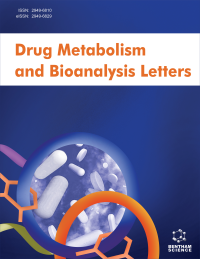
Full text loading...
One of the world's most serious health issues is arsenic toxicity. Prolonged consumption of Arsenic contaminated water causes cognitive damage in the developing and adult brain. The present research investigated how sodium arsenite-induced neurotoxicity in SD rats was affected by rolipram, a PDE4 inhibitor, and vinpocetine, a PDE1 inhibitor.
The arsenic concentration was determined, which indicates the accumulation of arsenic in blood. The low weight of the brain indicates the adverse effects on the brain, which was significantly improved by rolipram and vinpocetine. Biochemical markers (MDA, GSH, CAT, and SOD) and protein expression of CREB and P-CREB were studied in the hippocampal region of the brain.
The reduced antioxidant activity and elevated levels of inflammation were significantly improved by rolipram and vinpocetine administration. Additionally, rolipram and vinpocetine significantly increased the CREB and P-CREB expression in the hippocampi of rat brains.
PDE4 and PDE1 inhibition in arsenic-induced neurotoxicity could be a novel approach and a new drug therapy for arsenic-induced neurotoxicity.

Article metrics loading...

Full text loading...
References


Data & Media loading...

